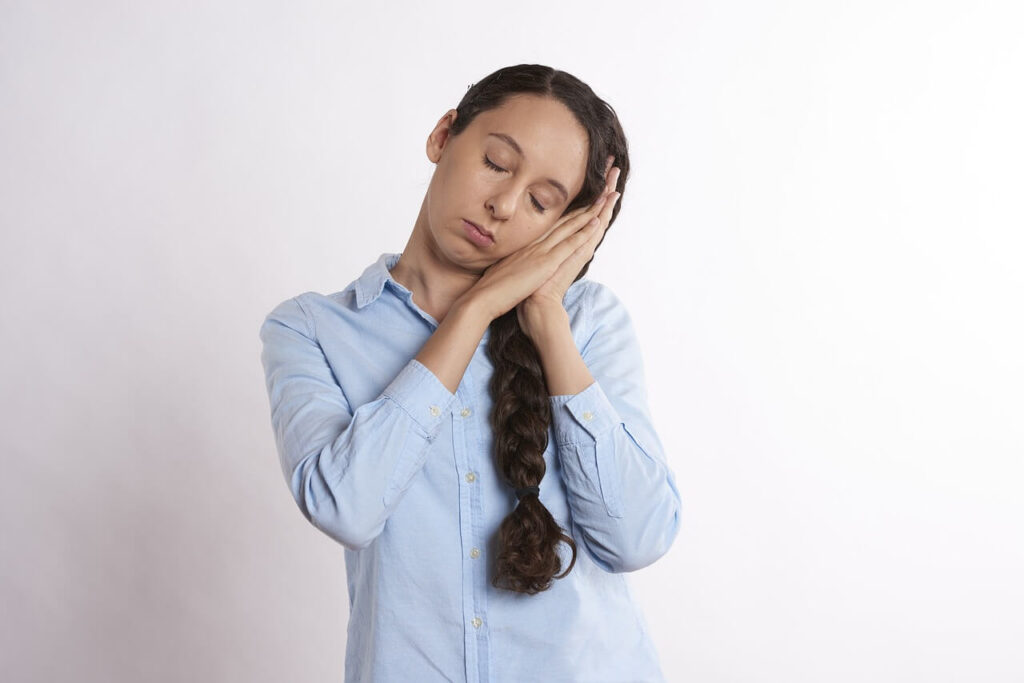Are you tired of restless nights and the persistent fatigue that follows? Sleep apnea, a common sleep disorder characterized by interrupted breathing during sleep, can wreak havoc on your daily life. While there are various treatments available, one promising non-invasive approach gaining attention is meditation for sleep. This article explores how incorporating sleep meditation and guided meditation into your routine can potentially alleviate sleep apnea symptoms and promote better sleep.
Understanding Sleep Apnea
Sleep apnea is a disruptive sleep disorder affecting millions worldwide. It manifests in two main forms: obstructive sleep apnea (OSA) and central sleep apnea. OSA occurs when the muscles at the back of your throat relax excessively, leading to a blocked airway. On the other hand, central sleep apnea results from the brain failing to transmit proper signals to the muscles responsible for controlling breathing. Both types can cause frequent awakenings and decreased sleep quality, leaving individuals exhausted during the day.
Meditation for Sleep: A Natural Approach
Incorporating meditation into your nightly routine might be the missing piece in your sleep apnea puzzle. Sleep meditation involves calming the mind and relaxing the body before sleep. By engaging in mindfulness and deep breathing exercises, you can lower stress and anxiety levels – both common triggers for sleep apnea episodes. Through consistent practice, you may create a more conducive environment for restful sleep, reducing the severity of your symptoms.
The Power of Guided Meditation
Guided meditation, specifically tailored to address sleep problems, can be an even more targeted strategy. This form of meditation typically involves listening to a soothing voice that guides you through relaxation techniques. By integrating elements like progressive muscle relaxation and imagery, guided meditation can help you reach a state of tranquility conducive to falling asleep and staying asleep. This process may also assist in training your mind to maintain a calm state, minimizing the chances of sleep apnea interruptions.
A Holistic Approach to Healing
Pairing meditation with other lifestyle adjustments can amplify its benefits. Weight management plays a crucial role in managing sleep apnea, particularly for those with OSA. Incorporating meditation into a weight loss regimen can enhance mindfulness, making it easier to regulate eating habits and reduce excess weight that contributes to airway blockages. Additionally, coupling meditation with regular exercise can further enhance its positive impact on sleep quality.
Making Meditation a Habit
Starting a meditation practice doesn’t require a drastic overhaul of your routine. Begin with short sessions – even just 10 minutes before bed – to ease into the practice. Create a calming environment free from distractions, dimming the lights and silencing electronic devices. Concentrate on your breath and embrace the present moment, letting go of the day’s stressors. Over time, as meditation becomes a habit, you may notice improvements in sleep duration and quality.
Consultation and Consistency
While meditation shows promise as a complementary approach to managing sleep apnea, it’s important to consult a healthcare professional before making any significant changes to your treatment plan. Consistency is key; the benefits of meditation for sleep apnea may take time to fully manifest. Patience and commitment to the practice are essential for yielding lasting results.
Embracing Meditation for Restful Nights
Incorporating meditation techniques such as sleep meditation and guided meditation can offer a non-invasive and empowering solution for individuals struggling with sleep apnea. By addressing stress, anxiety, and other contributing factors, meditation has the potential to improve sleep quality and reduce the frequency of sleep apnea episodes. Remember, seeking professional advice and maintaining consistency are vital components of this holistic approach. So why not give meditation a try? Reclaim your nights, embrace the tranquility, and pave the way to more restful, revitalizing sleep.


